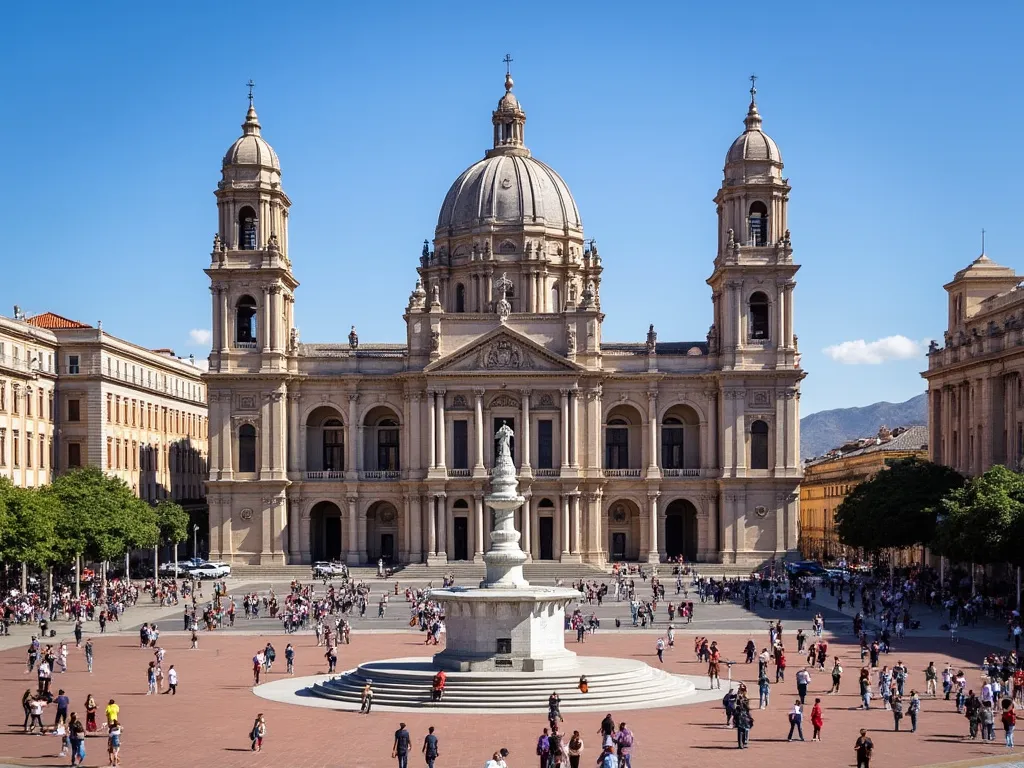
Asunción, la capital y ciudad más grande de Paraguay, es una ciudad con una rica historia y patrimonio cultural. Ubicada en la margen izquierda del río Paraguay, Asunción es una metrópolis bulliciosa con una mezcla de arquitectura colonial y moderna.
Información sobre Asunción
| País | 🇵🇾 Paraguay |
| Población | 513,399 (área urbana), 2,329,061 (área metropolitana) |
| Coordenadas | 25°16′S 57°38′W |
| Área | 117 km² (45 mi²) |
| Clima | Clima subtropical húmedo (Cfa) |
| Idioma | Español (oficial), Guaraní (co-oficial) |
| Moneda | Guaraní paraguayo (PYG) |
| Zona horaria | UTC-4 (PYT) |
| Proximidad a otras ciudades importantes | Clorinda, Argentina (140 km/87 mi), Corrientes, Argentina (360 km/224 mi), São Paulo, Brasil (1,230 km/764 mi) |
Antecedentes históricos de Asunción
Asunción fue fundada en 1537 por el conquistador español Juan de Salazar y Espinoza, lo que la convierte en una de las ciudades más antiguas de América del Sur. La ciudad fue originalmente nombrada "Nuestra Señora Santa María de la Asunción" y fue un importante centro para el imperio colonial español. Durante el período colonial, Asunción fue un importante centro de comercio y su ubicación estratégica en el río Paraguay la convirtió en un importante centro de transporte.
Ubicación geográfica de Asunción
Asunción está ubicada en la parte suroeste de Paraguay, en la margen izquierda del río Paraguay. La ciudad está situada en un valle rodeado de colinas y montañas, y su clima es subtropical húmedo. La altitud de la ciudad es de aproximadamente 43 metros (141 pies) sobre el nivel del mar.
Significado cultural de Asunción
Asunción es una ciudad con un rico patrimonio cultural, y su historia se refleja en su arquitectura, música y arte. La ciudad alberga muchos museos, galerías e instituciones culturales, incluyendo el Museo Nacional de Bellas Artes, la Biblioteca Nacional y el Conservatorio Paraguayo de Música. Asunción también es conocida por su vibrante música y danza tradicional, incluyendo la polka y la guarania.
Importancia económica de Asunción
Asunción es el centro económico de Paraguay, y su economía está impulsada por industrias como los textiles, el procesamiento de alimentos y la construcción. La ciudad también es un importante centro de comercio y su ubicación estratégica en el río Paraguay la convierte en un importante centro de transporte. Asunción también alberga muchas empresas y organizaciones internacionales, incluyendo el Banco Interamericano de Desarrollo y el Programa de las Naciones Unidas para el Desarrollo.
Datos interesantes sobre Asunción
- Asunción es una de las ciudades más antiguas de América del Sur.
- La ciudad alberga la universidad más antigua de Paraguay, la Universidad Nacional de Asunción.
- Asunción es conocida por su vibrante música y danza tradicional.
- La ciudad alberga muchos museos, galerías e instituciones culturales.
- Asunción es un importante centro de comercio.
Atracciones turísticas en Asunción
- El Panteón Nacional, un edificio histórico que alberga los restos de los héroes paraguayos.
- El Palacio de Gobierno, un impresionante ejemplo de arquitectura colonial.
- La Catedral de Asunción, una hermosa catedral católica.
- El Museo Nacional de Bellas Artes, que cuenta con una colección de arte paraguayo.
- El Jardín Botánico, un oasis de paz en el corazón de la ciudad.
En conclusión, Asunción es una ciudad con una rica historia y patrimonio cultural, y su importancia económica la convierte en un centro de comercio. Los visitantes de la ciudad pueden disfrutar de su vibrante música y danza tradicional, su impresionante arquitectura colonial y sus numerosos museos e instituciones culturales.
Conclusión sobre Asunción
Asunción es una ciudad que combina a la perfección la cultura tradicional y moderna, con una rica historia, una arquitectura impresionante y una economía fuerte. Desde sus emblemáticos monumentos hasta su vibrante comunidad de expatriados, Asunción es una ciudad que tiene algo para todos. Ya sea que estés interesado en la historia, la cultura o simplemente quieras experimentar el lujo y el encanto de Paraguay, Asunción es un destino que debes visitar.
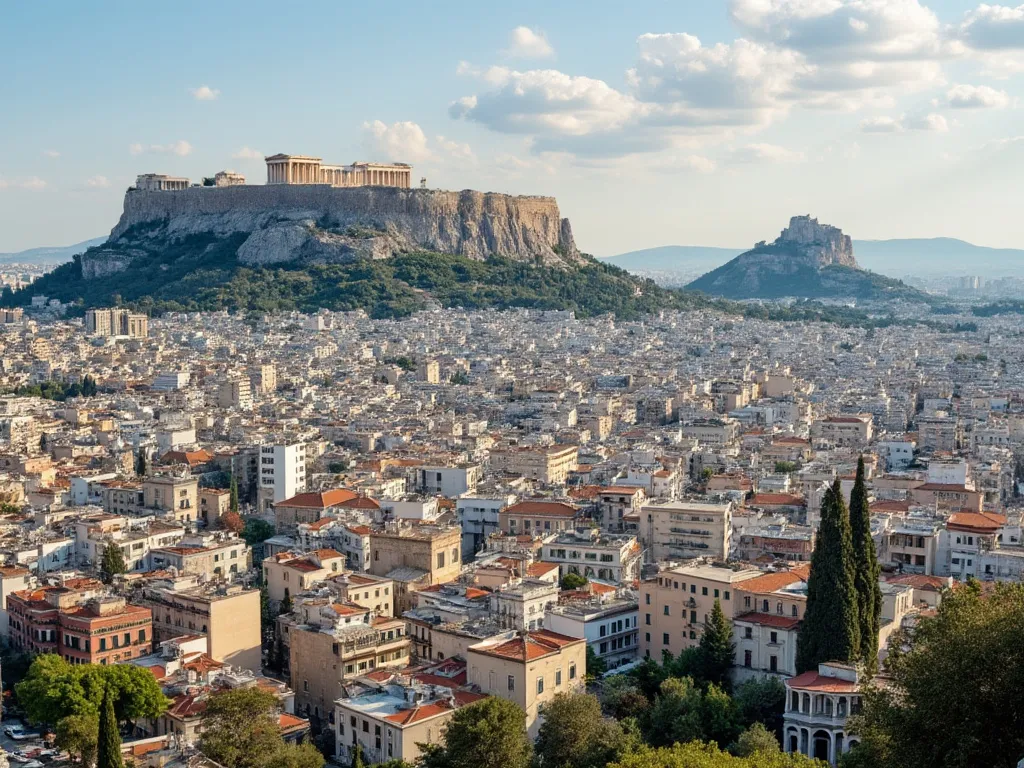 Atenas
Atenas
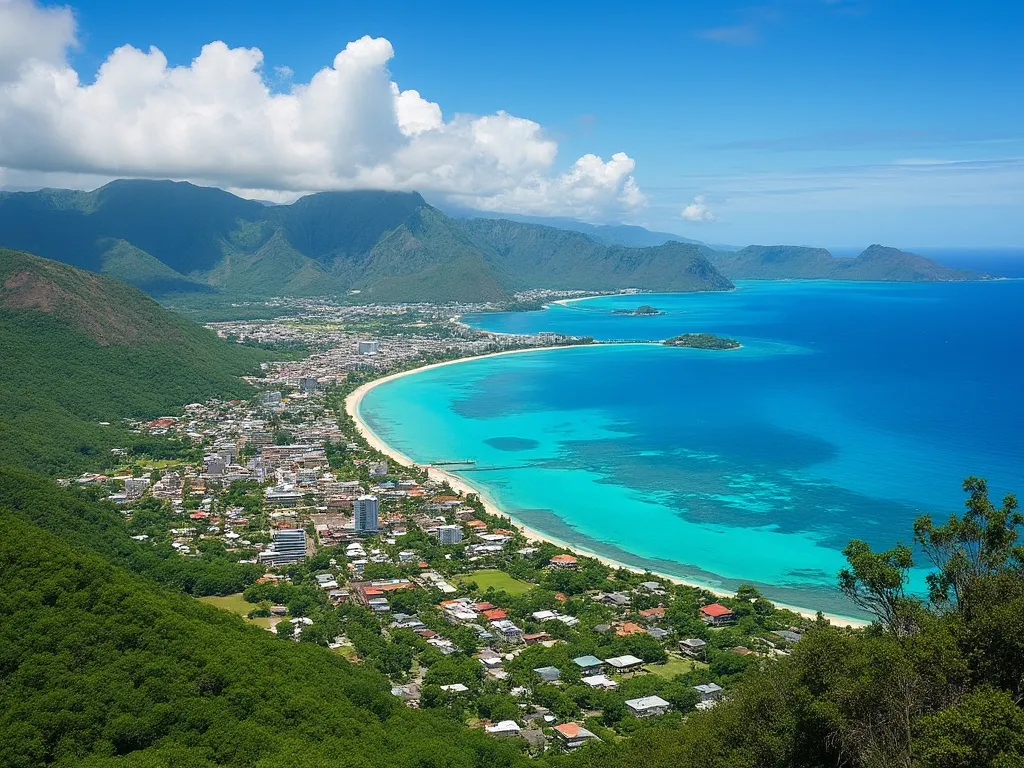 Avarua
Avarua
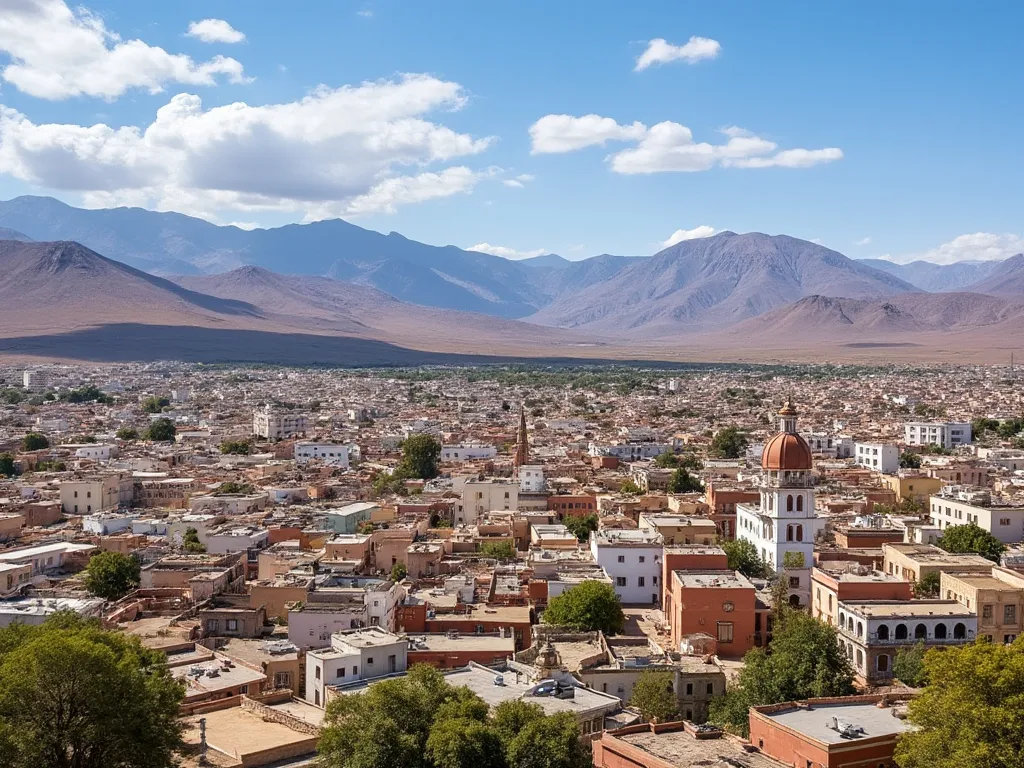 Asmara
Asmara
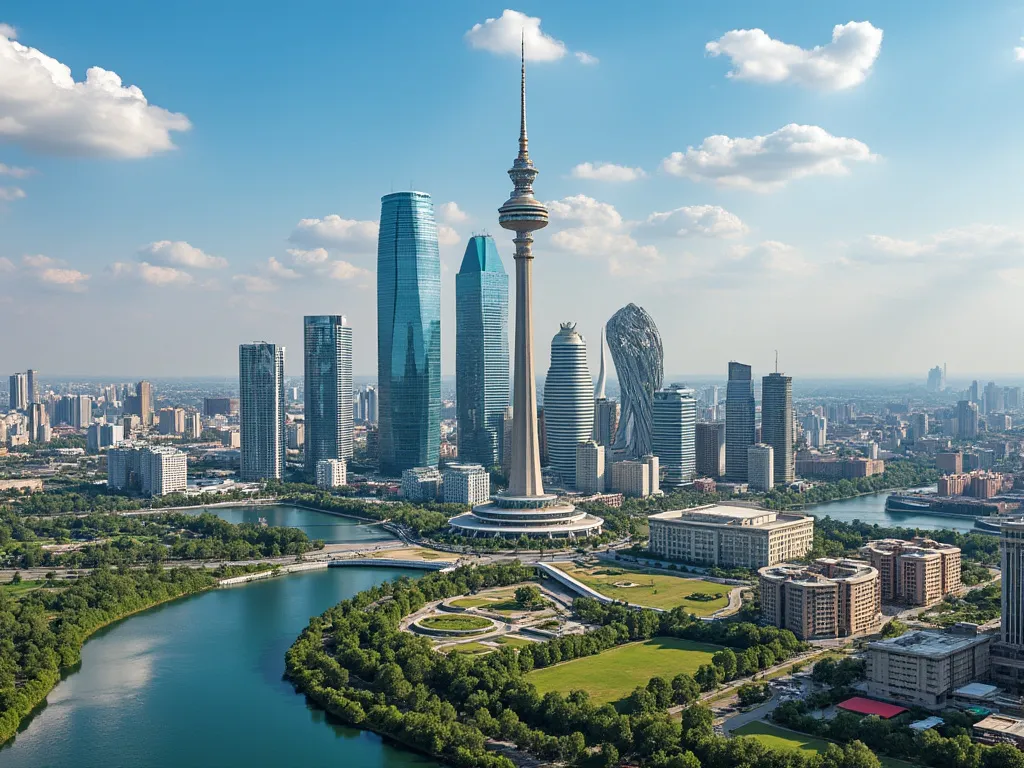 Astaná
Astaná